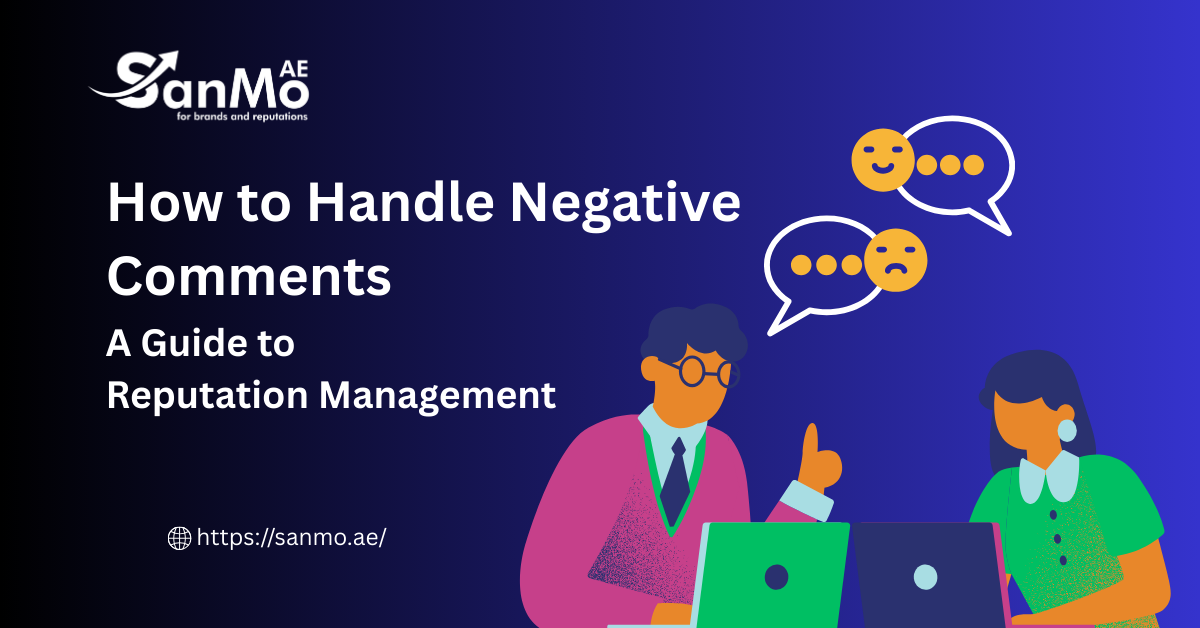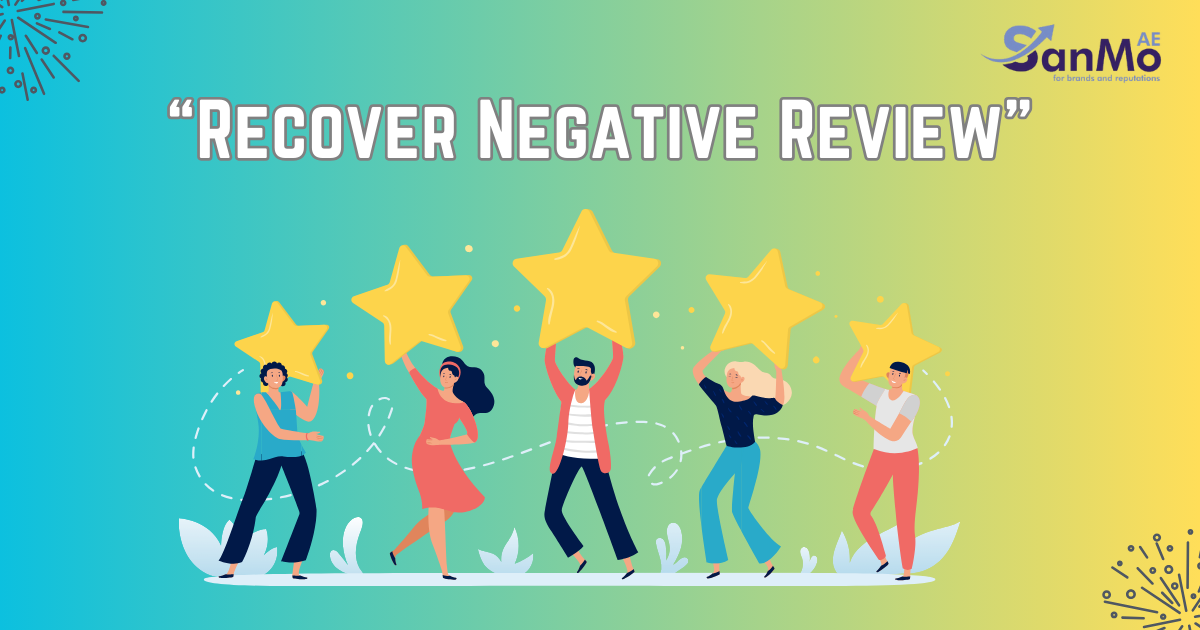Your reputation follows you everywhere—from job interviews to first dates, from business meetings to social gatherings. But unlike previous generations who could reinvent themselves by moving to a new town, your digital footprint creates a permanent record that can impact your personal and professional life for years to come.
Personal reputation management isn’t just for celebrities or politicians anymore. Anyone with an online presence needs to understand how to monitor, protect, and enhance their digital reputation. A single negative search result, unflattering social media post, or damaging review can undermine years of hard work and accomplishments.
This guide will walk you through everything you need to know about managing your personal reputation effectively. You’ll learn practical strategies to monitor your online presence, address negative content, and build a positive digital image that accurately reflects who you are.
What Is Personal Reputation Management?
Personal reputation management is the practice of monitoring, influencing, and maintaining how you’re perceived online and offline. It involves actively shaping the narrative around your name through strategic content creation, search engine optimization, and proactive monitoring of your digital footprint.
The concept extends beyond simply removing negative content. Effective reputation management creates a comprehensive strategy that highlights your strengths, showcases your expertise, and ensures that positive, accurate information appears when people search for your name.
Your personal reputation encompasses several key areas:
Search Engine Results: What appears when someone googles your name directly impacts their first impression of you.
Social Media Presence: Your posts, photos, and interactions on platforms like LinkedIn, Facebook, Instagram, and Twitter contribute to your overall image.
Professional Networks: Your presence on industry-specific platforms and professional associations shapes how colleagues and potential employers view your expertise.
Online Reviews and Mentions: Comments from others about your work, character, or interactions can significantly influence public perception.
Why Personal Reputation Management Matters More Than Ever
The digital revolution has fundamentally changed how reputations are built and destroyed. Information spreads faster and reaches wider audiences than ever before, while search engines have made it simple for anyone to research your background within seconds.
Career Impact
Recruiters and hiring managers routinely search for candidates online before making decisions. A CareerBuilder survey found that 70% of employers research candidates on social media during the hiring process. More concerning, 54% of employers have decided not to hire a candidate based on their social media presence.
Your online reputation directly affects your earning potential and career advancement opportunities. Negative search results can eliminate you from consideration before you even know you were being evaluated.
Personal Relationships
Your digital reputation influences personal relationships too. Potential romantic partners, new friends, and community members often form opinions based on your online presence before meeting you in person. Dating apps have made this practice even more common, with people frequently researching matches on social media platforms.
Business and Networking Opportunities
Entrepreneurs, freelancers, and business owners rely heavily on their personal reputation to attract clients and partners. A strong online presence builds trust and credibility, while negative content can drive potential opportunities away.
Professional networks operate on reputation and referrals. When your digital image doesn’t align with your actual expertise and character, you miss out on valuable connections and collaborations.
Monitoring Your Online Reputation
Effective reputation management starts with understanding your current digital footprint. You can’t protect or improve what you don’t monitor regularly.
Set Up Google Alerts
Google Alerts provides free monitoring for mentions of your name across the web. Create alerts for multiple variations of your name, including common misspellings, nicknames, and professional titles. Set up alerts for both your name alone and your name combined with your company, city, or industry keywords.
Configure alerts to send notifications immediately or in digest form, depending on how actively you want to monitor new mentions. Regular monitoring helps you catch both positive and negative content early, when you have more options for response.
Conduct Regular Search Engine Reviews
Perform monthly searches for your name on Google, Bing, and other search engines. Don’t limit yourself to the first page of results—check at least the first three pages to get a complete picture of your online presence.
Use different devices and browsers for these searches, as personalized search results can vary based on your search history and location. Consider using private browsing mode to see results similar to what strangers would find.
Social Media Auditing
Review all your social media profiles from an outsider’s perspective. Check privacy settings to ensure you’re sharing information intentionally rather than accidentally. Look for posts, photos, or comments that might be misinterpreted or reflect poorly on your character or professionalism.
Don’t forget about older platforms you might have abandoned. Inactive profiles on sites like MySpace or old forums can still appear in search results and may contain outdated or embarrassing content.
Professional Platform Assessment
Evaluate your presence on LinkedIn, industry-specific networks, and professional directories. Ensure your profiles are complete, current, and consistent across platforms. Inconsistencies in job titles, dates, or accomplishments can raise questions about your credibility.
Building a Positive Online Presence
Creating positive content is more effective than trying to remove negative content. When you consistently produce valuable, professional content, it naturally pushes less favorable results down in search rankings.
Content Creation Strategy
Start a blog or contribute articles to industry publications on topics related to your expertise. Quality content that provides genuine value to readers establishes you as a thought leader while improving your search engine presence.
Choose topics that showcase your knowledge and experience while serving your target audience’s needs. Whether you’re writing about industry trends, sharing case studies, or offering practical advice, focus on creating content that people want to read and share.
Professional Website Development
A personal website serves as your digital headquarters, giving you complete control over how you present yourself online. Include a professional bio, portfolio of work, testimonials, and contact information. Regular blog posts and updates keep the site fresh and improve search engine rankings.
Optimize your website for search engines by including relevant keywords in your content, meta descriptions, and page titles. However, avoid keyword stuffing—write naturally for human readers while keeping SEO best practices in mind.
Social Media Optimization
Maintain active, professional social media profiles that reflect your personal brand. Share industry news, engage with others’ content thoughtfully, and post updates about your professional achievements and activities.
LinkedIn deserves special attention for professional reputation management. Keep your profile complete and current, request recommendations from colleagues and clients, and participate in relevant industry groups and discussions.
Speaking and Networking
Participate in conferences, webinars, podcasts, and industry events as a speaker or panelist. These activities create positive content about your expertise while building valuable professional relationships.
Document these appearances on your website and social media profiles. Speaking engagements and media appearances signal credibility and expertise to both search engines and human audiences.
Addressing Negative Content
When negative content appears online, your response strategy depends on the source, accuracy, and severity of the information. Not all negative content requires immediate action, but you should have a plan for addressing damaging material.
Assess the Situation
Before taking action, objectively evaluate the negative content. Is the information accurate? Does it represent a legitimate complaint or criticism? How prominently does it appear in search results? Understanding these factors helps you choose the most appropriate response.
Consider the source’s credibility and reach. A complaint on a major review site requires different handling than a negative comment on an obscure forum with little traffic.
Direct Communication
When dealing with false or misleading information, consider reaching out directly to the content creator. Approach the conversation professionally and provide evidence to support your position. Many people are willing to correct mistakes or remove content when approached respectfully.
For review sites, respond publicly to negative reviews in a professional manner. Acknowledge any legitimate concerns and explain your side of the situation. Potential clients and employers often judge you based on how you handle criticism.
Legal Options
In cases involving defamation, harassment, or false information that significantly damages your reputation, consult with an attorney specializing in reputation law. Legal action should be a last resort, as it can be expensive and may draw more attention to the negative content.
Some platforms have policies against harassment, fake reviews, or other types of harmful content. Filing complaints through official channels may result in content removal without legal action.
Content Suppression Through SEO
The most effective long-term strategy for dealing with negative content is often to outrank it with positive material. Create high-quality content that targets the same keywords associated with the negative results. Over time, this positive content can push negative results to lower search positions.
This approach requires patience and consistent effort, but it’s often more cost-effective and sustainable than other methods. Focus on creating genuinely valuable content rather than spam or low-quality pages designed solely to manipulate search rankings.
Advanced Reputation Management Strategies
Once you’ve mastered the basics of reputation monitoring and positive content creation, consider implementing more sophisticated strategies to strengthen your digital presence.
Personal Brand Development
Develop a clear personal brand that communicates your values, expertise, and unique value proposition. This brand should be consistent across all your online platforms and professional interactions.
Your personal brand helps people understand what you stand for and what they can expect from working with you. It also makes it easier to create consistent, on-brand content that reinforces your desired reputation.
Crisis Preparation
Develop a crisis communication plan before you need it. Identify potential reputation risks specific to your industry or situation, and prepare response strategies for different scenarios.
Having templates and procedures ready allows you to respond quickly and effectively when issues arise. Quick, thoughtful responses often prevent minor issues from becoming major reputation problems.
Professional Network Building
Cultivate relationships with journalists, bloggers, and influencers in your industry. These relationships can be valuable when you need positive coverage or want to share your side of a story during a reputation crisis.
Building genuine relationships based on mutual value is more effective than transactional approaches to media relations. Offer expertise and insights to reporters covering your industry, and they’re more likely to view you as a trusted source.
Taking Control of Your Digital Legacy
Personal reputation management isn’t a one-time project—it’s an ongoing commitment to presenting your best self to the world. The time and effort you invest in building and maintaining a positive online reputation will pay dividends throughout your career and personal life.
Start by conducting a thorough audit of your current online presence. Set up monitoring systems to track new mentions and content. Then, begin creating positive, valuable content that showcases your expertise and character.
Remember that authenticity matters more than perfection. People connect with genuine individuals who acknowledge their mistakes and continuously work to improve. Focus on building a reputation that accurately reflects who you are and who you aspire to become.
Your reputation is one of your most valuable assets. By taking a proactive approach to reputation management, you ensure that your digital presence supports your goals rather than hindering them. The strategies outlined in this guide provide a foundation for protecting and enhancing your reputation in our increasingly connected world.







